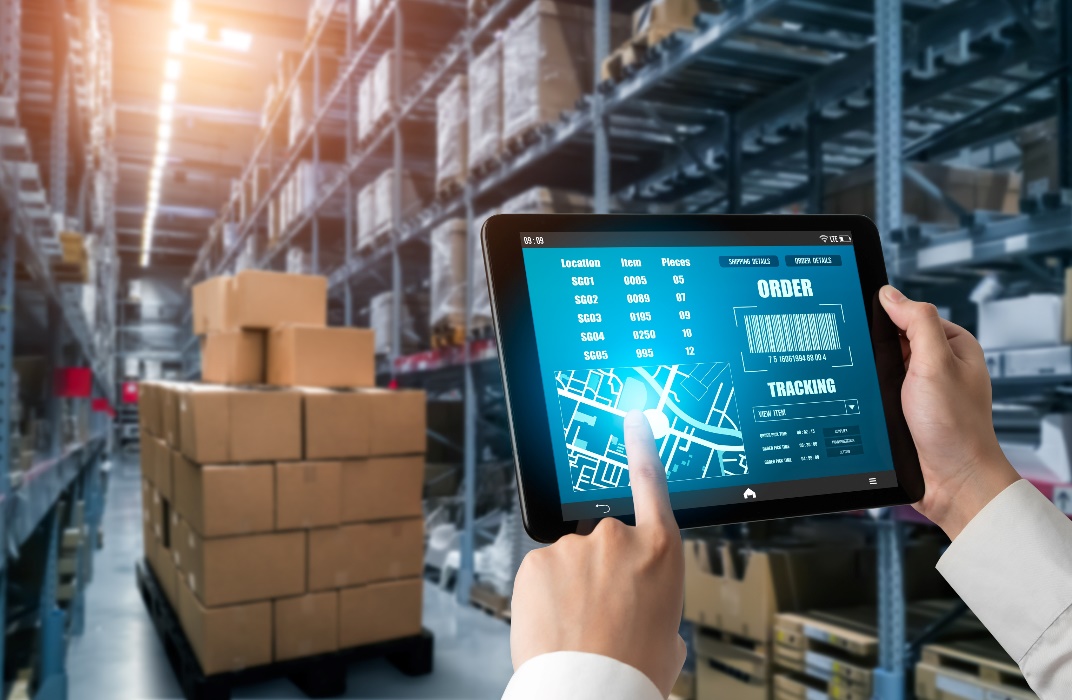CBK White Paper Series: Managing Supply Chains in the Post-pandemic New Normal
Professor Jing Wu, Department of Decision Sciences and Managerial Economics, CUHK Business School
HONG KONG SAR - Media OutReach - 26 June 2023 - The global economy has faced a series of extreme shocks over recent years, ranging from the COVID-19 pandemic to the U.S.-China trade war and Russia's invasion of Ukraine. These dramatic changes have had far-reaching effects on globalisation, leading to a fundamental reversal of multilateral trade openness and the disruption of the status quo in global supply chains. 
Traditionally, the tradeoff in global supply chains is cost efficiency (such as in China) and risk concentration. Increasingly, companies and governments are calling into question the sourcing strategies that have dominated supply-chain management for decades. After the trade war and COVID, global supply chain risk, especially geopolitical risk, has become a recognized issue.
New trends such as geo-economic regionalisation of supply chains, sourcing consolidation back home or among close trading partners, and facility establishments clustered around the final end-user market, have begun to emerge, as globalised manufacturing comes under intense pressure and supply chain risk – especially tail risk from unforeseen events – becomes increasingly recognised as an issue.
The Restructuring of Global Supply Chains
Traditionally, supply chain globalisation has offered firms the advantage of cost savings, and access to materials or production capabilities that may not be available domestically. However, the COVID-19 pandemic and U.S.-China Trade War have highlighted the vulnerability of global supply chains and how they expose firms to operational risk and potentially unfavourable economic or political developments in countries where their partner firms are located. As a result, the restructuring of global supply chains has been taking place across industries and geographies, with firms considering multiple trade-offs, incentives, and constraints.
So how should firms adapt their supply chains to maximise returns, minimise risk and improve resilience in the face of sudden or long-term interruptions? What trends do they need to be aware of as they build their networks in the new global economic order that is emerging? Moreover, what will the supply chains of the future look like? In this CUHK Business School Research White Paper, we review a raft of studies that provide some early answers to these questions and may help to guide businesses through the turmoil and unpredictability that have characterised global markets following the pandemic.
An initial hint is provided by our recent study, which challenges the traditional wisdom that supply chains are linear in nature and demand shocks are amplified upstream along the chain. Our study demonstrated that today's companies operate as part of a complex supply network, with each player having multiple customers and suppliers.
The network perspective brings brand new insights on analysing the supply chain opportunities and risks, compared to the traditional perspective of a linear supply chain.
The Onset of Friend-shoring and Keeping Your Friends Close

Another critical topic we looked at is whether supply chain links to other regions in the world expose companies to increased risk during the pandemic, or provided a valuable buffer against local disruption. To that question, we found consistent evidence that when global supply chains were disrupted during COVID-19, it significantly affected the credit risk of companies that rely on those supply chains. For example, when China was hit in the early 2020, supply chain risk increased for U.S. companies connecting with China. However, when later China resumes production and other countries around the worlds were hit by COVID-19, having China supply chains proves valuable and mitigate the risk.
Our studies also lead us to expect that, as a result of the pandemic, people and governments around the world realise the importance of local manufacturing capacity, and they will continue to support such capacity expansion through policies such as subsidies and regional trade agreements.
"Friend-shoring", which refers to the forging of economic ties with countries that share political trust and common economic systems and values, is also another new trend that is growing and it is likely to stay.
Given the rising geopolitical tensions of recent years, in another study, we looked at how American companies restructure their global supply chains in response to the trade and economic policy uncertainty. Our results suggest that supply chains can change as a result of trade policies enacted by governments and that supply chain risk can depend on whether a company generates its revenues abroad or at home. For US multinationals which generate most revenues abroad, U.S. policy uncertainty will push them to do more sourcing instead of bring manufacturing home. Of course, they will look for sourcing destinations with low policy uncertainty as well, at the same time explore new sourcing locations beyond China to diversify the concentration risk.
The reconstruction of global supply chains has become increasingly intertwined with the policies of individual states. Given this, do U.S. government suppliers adjust imports from countries that are affected by trade tensions, such as China and Russia?
Our research finds that recently, companies in the U.S. are increasingly hiring former U.S. government employees. Effectively such government connections can help companies to navigate the increasing murkiness that of the global market landscape due to rising geopolitical tensions, as well as help supply chains by offering flexibility.
The Future of Supply Chains
Drawing on these findings, we offer four key predictions about how the reconstruction of the global supply chain will evolve over coming decades:
- Supply chain disruption will stay, especially disruption that is geopolitical in origin. Political disruption to global supply chains will increase due to intensified competition and tension in international relations.
- Western multinational companies relying on assembly manufacturing in China will pull production out of China partially. However, China will remain the world's factory for a decade or so, due to the lack of a competitive substitute, leading to the manufacturing structure of "China + N". It is worth noting the rapid rise of India as a new manufacturing hub, with the potential to challenge China.
- Regional value will weigh more in globalisation. To counter supply chain disruption, firms will take on more sourcing suppliers and supplier countries. In the long term, re-shoring, near-shoring, or even "friend-shoring" will be adopted to cut lead times and uncertainty, forming a new era of "geoeconomics fragmentation".
- We predict that while the cost efficiency can be hurt during the future supply chain restructuring, this more fragmented form of supply chain globalisation will benefit innovation such as manufacturing modularisation and servitisation, as innovation usually comes from small, creative groups that function as part of a diverse network.
Read more: https://cbk.bschool.cuhk.edu.hk/research-whitepapers/managing-supply-chains-in-the-post-pandemic-new-normal/
Hashtag: #CUHKBusinessSchool
The issuer is solely responsible for the content of this announcement.







